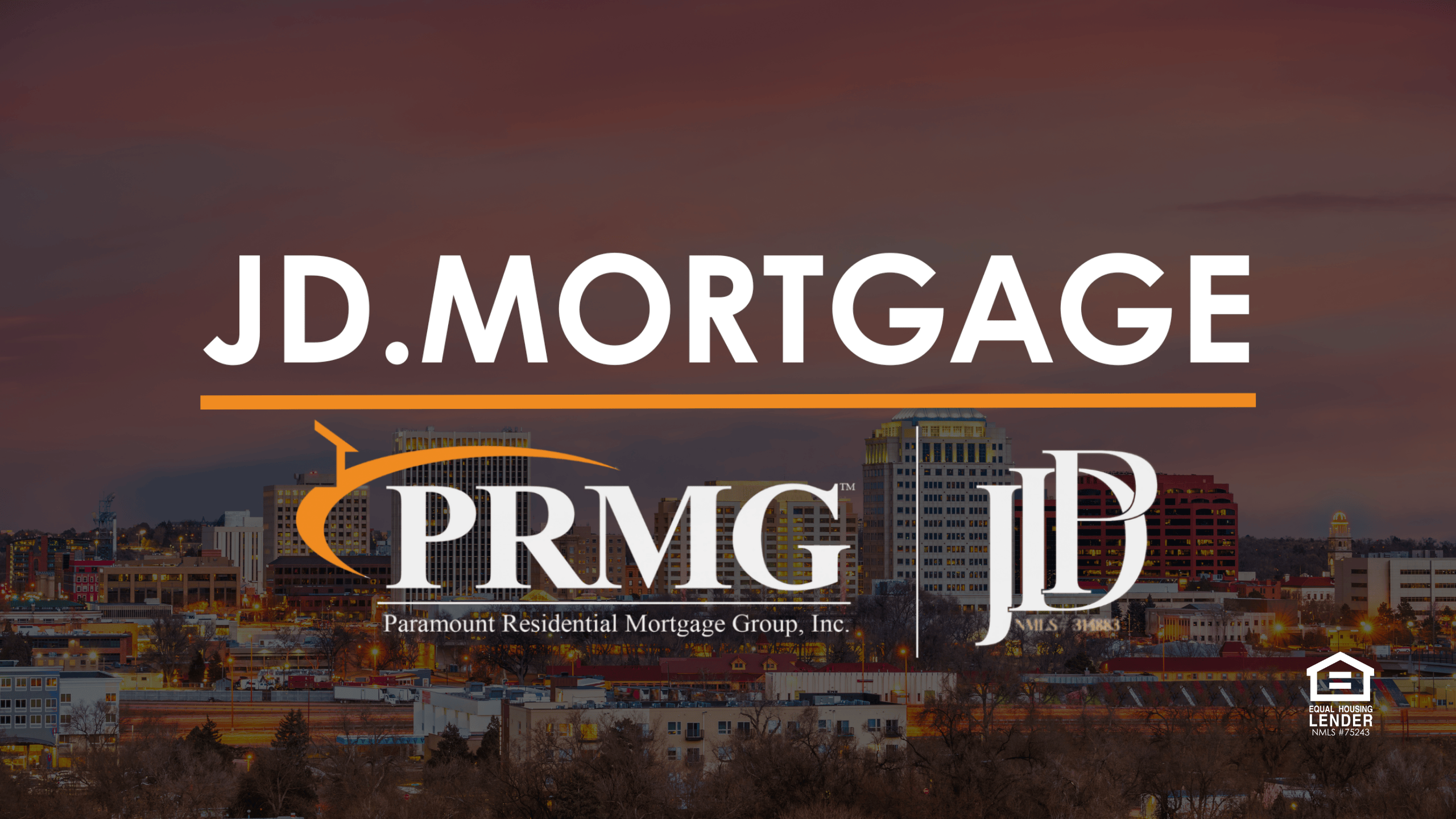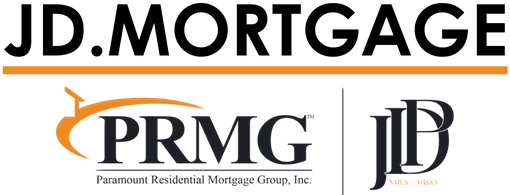Bank Statement Loans give self-employed borrowers a smarter way to qualify—using bank deposits instead of tax returns. We’ll help you navigate this flexible option with ease.

Bank Statement Loans for Self-Employed Borrowers
You run a business. Your deposits look strong, but your tax returns don’t show it because of write-offs. A Bank Statement Loan lets us use the money coming in to prove income, not just the net number after expenses. If your statements show steady deposits, we can build a simple path to yes. This page explains how it works, what we need, and how the JD.Mortgage team at PRMG helps self-employed buyers and investors get it done.
What Is a Bank Statement Loan?
A Bank Statement Loan is a mortgage service that uses 12 or 24 months of bank deposits to estimate your monthly income. Instead of tax returns or W-2s, we review deposits (business or personal), apply a reasonable expense factor, and calculate qualifying income from real cash flow.
Who This Helps
These loans are designed for:
- Business owners and freelancers with strong deposits but lower taxable income
- Contractors and gig workers who don’t get W-2s
- Newer businesses (often 2+ years) with clear, stable deposits
- Real estate investors with mixed income sources and write-offs
How Income Is Calculated
We review your statements and average deposits to find a monthly income figure. A standard expense factor is applied (varies by program and business type). If your business has low overhead, some programs allow a CPA letter or a P&L to support a lower expense factor.
- 12-month or 24-month lookback: 24 months can smooth seasonality; 12 months can work when the trend is rising.
- Business vs personal statements: Either can be used. We just need a consistent paper trail.
- Mixed docs allowed: Some programs combine bank statements with a CPA P&L for clarity.
Typical Program Features
Program details vary, but you’ll often see:
- Credit score: programs typically start near the low-to-mid 600s, with better terms at 660+
- Down payment: higher LTV for stronger profiles; more equity needed with lower scores or complex files
- Loan amounts: from smaller balances up to multi-million, with extra review at higher tiers
- Terms: fixed and ARM options; many offer interest-only for cash-flow flexibility
- No PMI: private mortgage insurance is generally not used on these programs
What We Need From You
To size your approval fast, plan on:
- 12 or 24 months of consecutive bank statements (PDF downloads)
- Business license or CPA letter confirming your business details, if required
- Driver’s license and standard ID docs
- Assets for down payment, reserves, and closing costs
Eligible Properties
Most programs allow:
- Primary homes, second homes, and investment properties
- 1–4 unit homes, condos, and townhomes
- Some non-warrantable condos (program specific)
Rates and Costs
Rates are usually higher than standard conventional loans because documentation is more flexible. Your exact terms depend on score, LTV, reserves, and bank-statement strength. We shop multiple channels and structure your file for the best fit.
Common Questions About Statements
- Can I use multiple accounts? Yes, if they are yours and we can track ownership and transfers.
- What if I mix business and personal? It’s manageable. We just document the flow and keep it consistent.
- Cash deposits? Allowed only if clearly tied to business receipts and supported by records.
- Seasonality? We can average over 24 months to smooth out highs and lows.
Why Choose the JD.Mortgage Team
We’re a hybrid lender and broker. That means more program choices and fewer dead-ends. We set the expense factor right, match you to the correct statement length, and pre-underwrite the file so you’re not chasing last-minute conditions. If there’s a sensible path to approval, we’ll find it.
Related Guides
Compare options and plan your loan path:
Consumer Education
For general mortgage information, see the Consumer Financial Protection Bureau (CFPB).
Frequently Asked Questions
Do I need tax returns for a Bank Statement Loan?
No. We qualify you using bank deposits over 12 or 24 months. Some programs may also use a CPA letter or P&L to confirm reasonable expenses.
Can I use business accounts, personal accounts, or both?
Any of the above, as long as ownership is clear and deposits can be tied to your business activity.
How much down payment do I need?
It depends on your profile. Stronger credit and clean statements can support higher LTV. Lower scores or complex files may need more equity.
Are interest-only payments available?
Many programs offer an interest-only period on fixed or ARM terms to improve cash flow.
What if my deposits are seasonal?
We can average over 24 months to smooth swings. If the most recent 12 months are stronger, some programs may allow a 12-month analysis.
Will this work if I just started my business?
Most programs prefer at least two years in business. If you’re close, we’ll review your file for a path that fits the rules.
Can I use gift funds or business funds for closing and reserves?
Often yes, with minimum borrower contributions and proper documentation. Program specifics apply.
Is PMI required?
No. These programs typically do not use private mortgage insurance, even at higher LTVs.
Connect with the JD.Mortgage Team to see how your statements can qualify you for a mortgage.

